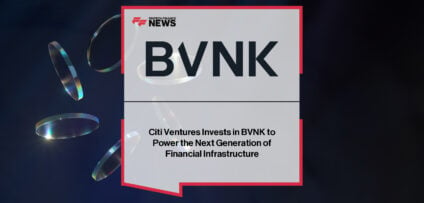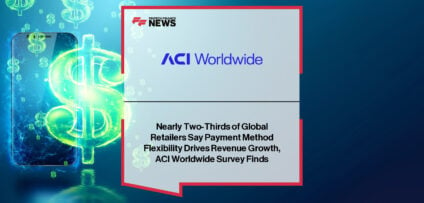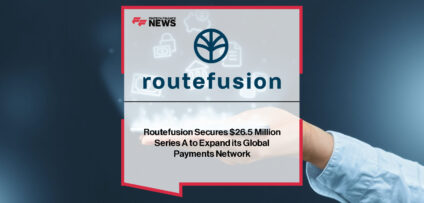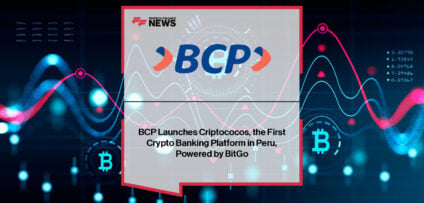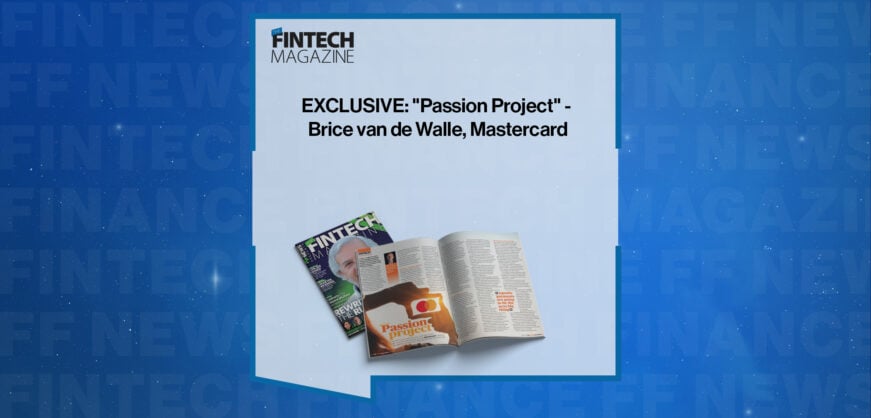Breaking News

New Deutsche Bank publication shows how Payables Finance is Helping to Bridge the US$1.5trn Trade Finance Gap
Deutsche Bank has released a comprehensive new publication, “Payables Finance: A guide to working capital optimisation”, which provides a practical guide to the past, present and future of payables finance – all based on actual transactions and programmes. Importantly, the publication explores what makes a successful payables finance programme, and highlights the transformative impact they can have on high-volume, low-ticket business models (such as those found in the retail industry).
The publication also shows how payables finance has gone some way towards delivering on the UN General Assembly’s Addis Ababa Action Agenda, a resolution designed to make financing more accessible for SMEs. Formerly, banks and corporate buyers prioritised the ‘short tail’ of the supplier portfolio that typically covered 70% of the procurement volume. But improved technology and partnerships between third-party providers and financial institutions have made it possible to reach small and mid-sized suppliers with liquidity that transforms businesses and economies – in turn, helping to address the US$1.5trn shortfall in global trade finance (as reported by the Asian Development Bank).
In addition, the importance of safety, soundness and sustainability in today’s world of complex and disparate global supply chains is explored in depth – with structuring, accounting standards and supplier on-boarding (including KYC and AML) issues fully explained.
To create helpful resource for the industry, provider and user experience from across the supply chain finance landscape has been captured in this publication. Contributors include Daniel Schmand, Chair of the ICC Banking Commission and Global Head of Trade Finance, GTB, Deutsche Bank; Oliver Belin, Chief Marketing Officer at TradeIX, and co-author of Supply Chain Finance Solutions; Geoffrey Wynne, Head of Trade and Export Finance, at top-tier law firm Sullivan & Worcester; and Johan Werme, Director, Trade, Customer and Supply Chain Financing at Electrolux.
Daniel Schmand comments, “Over the past two decades, the supply chain finance market – and particularly the payables finance market – has grown rapidly in terms of size and scope, which is a major benefit as we continue to tackle the issue of unmet demand for trade finance globally. While payables finance dominance still largely resides with five or six global banks, a new generation of non-bank platform providers have also increased their share of the market –advertising enhanced digital interfaces, simplified implementation processes and new business models, such as those incorporating dynamic discounting.”
“Yet this can bring risk, and it is worth addressing the future with caution,” adds Schmand. “This publication sets out to explain the progress of SCF and the payables finance business to its current position as a core working capital and supply chain management tool, and addresses how the market can balance innovation and efficiency with safety, soundness and sustainability in order to fulfil its potential.”
Importantly, it details why it is so crucial that trade payables remain trade payables on the buyer’s balance sheet – reclassification as debt can have serious implications for corporate buyers’ loan covenants, leverage and access to additional credit.
To read “Payables Finance: A guide to working capital optimisation” in full, please click here.
- EXCLUSIVE: “Passion Project” – Brice van de Walle, Mastercard in ‘The Fintech Magazine’ Read more
- FreedomPay Drives Global Merchant Innovation Read more
- FIS Brings AI-Powered Advancements to Seamless, Personalized Digital Banking Experiences Read more
- Citi Ventures Invests in BVNK to Power the Next Generation of Financial Infrastructure Read more
- Nearly Two-Thirds of Global Retailers Say Payment Method Flexibility Drives Revenue Growth, ACI Worldwide Survey Finds Read more




